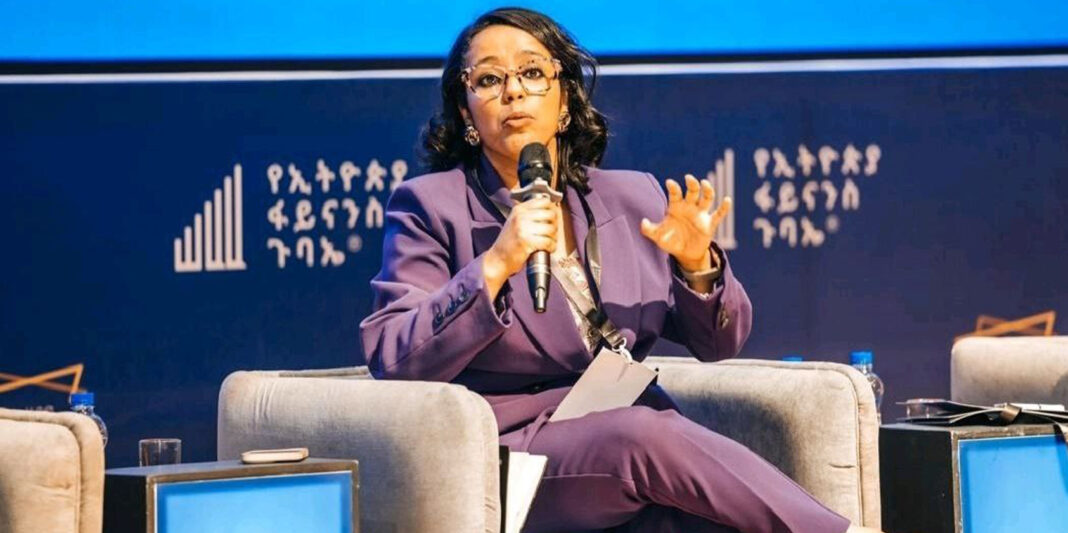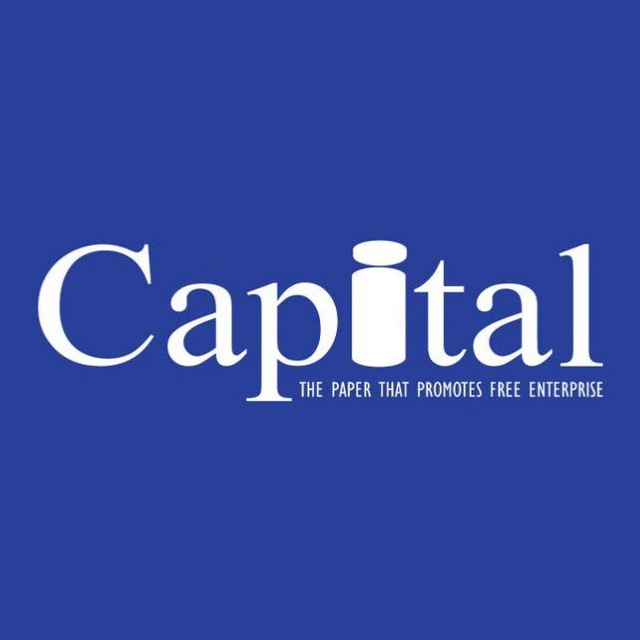Ethiopian Investment Holdings (EIH) has announced the launch of a groundbreaking $85 million digital and fiscal stamp project set to be operational within this fiscal year. Implemented through a partnership with Toppan Ethiopia, the project aims to modernize tax collection, reduce illicit trade, and boost domestic revenue through the introduction of excise stamps featuring unique identifiers on locally manufactured and imported goods.
Meleket Sahlu, Deputy CEO of EIH, highlighted that this initiative is one of five new high-impact projects planned by the institution for the year, focusing on joint ventures and strategic investments that promise high returns. The project collaborates with the Ministry of Revenues and involves Toppan Gravity—a global security printing firm holding a 51% stake—with EIH investing through the Berhanena Selam printing enterprise and the Educational Equipment Manufacturing and Distribution enterprise.
Among other major developments, EIH has suspended the privatization of eight sugar factories after a prolonged, ineffective sale process dating back to 2019. The privatization, initially managed by the Ministry of Finance and later by EIH since 2022, faced repeated hurdles including buyers offering prices below reserve values and expiration of statutory validity periods for assets. The Holding’s board approved a new direction allowing assets to be either transferred to new investors or retained under state management, depending on viability.
In the 2024/25 fiscal year, EIH subsidiaries generated 2.05 trillion birr in revenue, with a target of 2.75 trillion birr for the current year. The Ethiopian Sugar Industry Group operates 13 sugar and related factories, four actively producing sugar. Several sugar projects remain under construction but have yet to progress beyond project stages.
Other key initiatives include a joint venture addressing domestic textbook publishing to reduce imports and the forthcoming establishment of a Youth Investment Bank expected to launch soon. Additionally, landmark projects like the Dangote fertilizer plant and a $21 million Business Process Outsourcing (BPO) scheme aimed at job creation are under way.
EIH acknowledged challenges related to revenue declines in some subsidiaries and affirmed ongoing audits and institutional reforms to enhance operational effectiveness and foreign exchange generation. The organization continues to review performance across its portfolio to maximize contribution to Ethiopia’s economic development.







